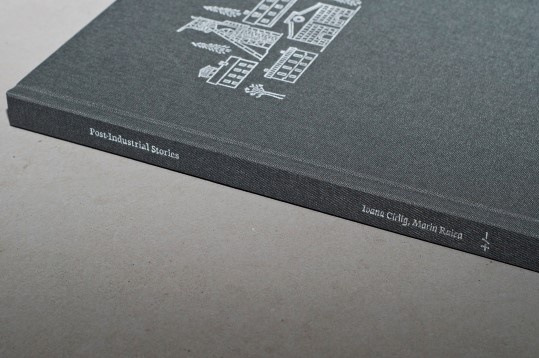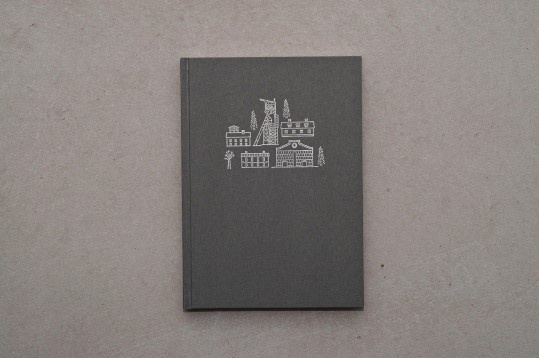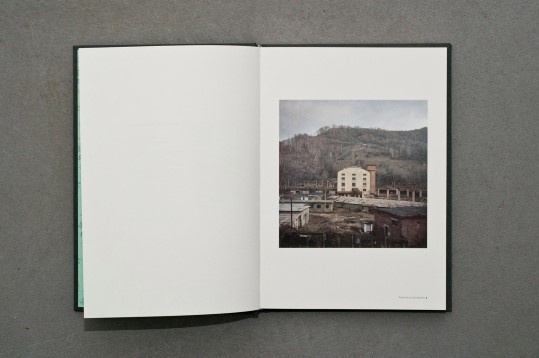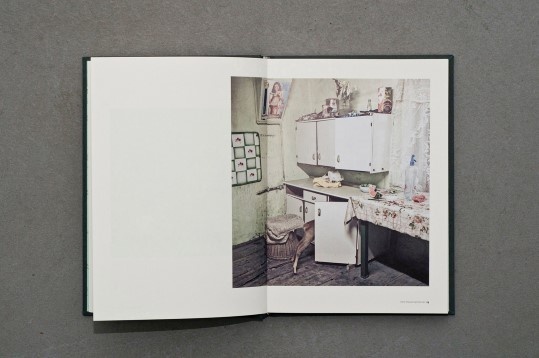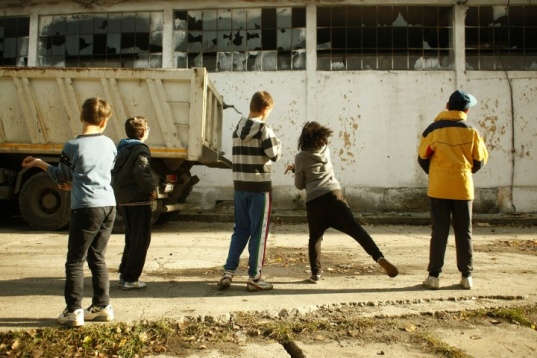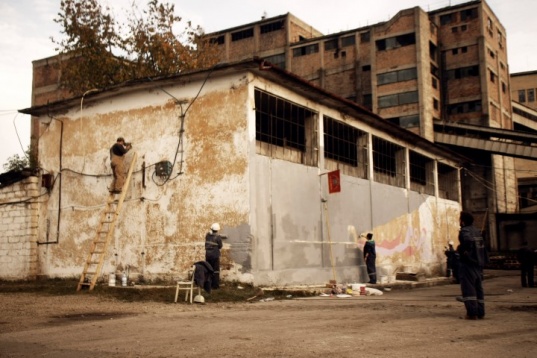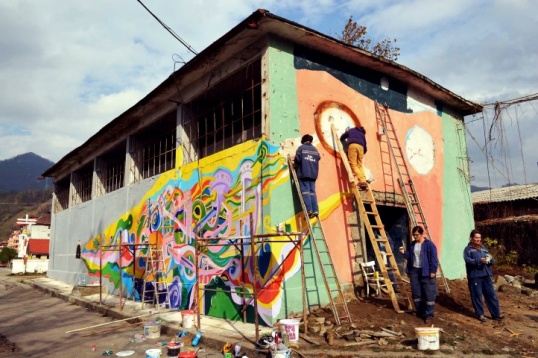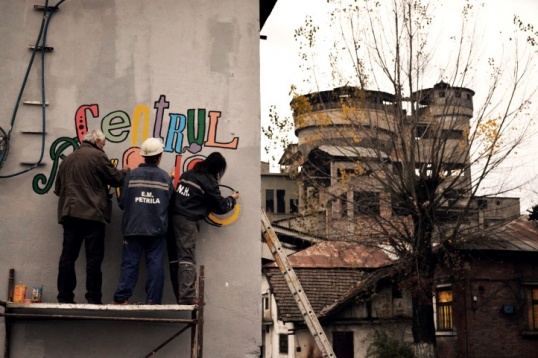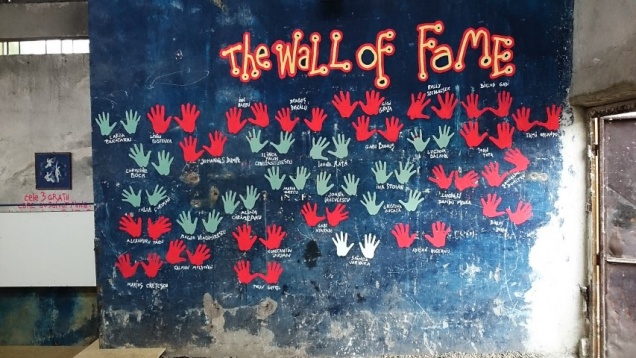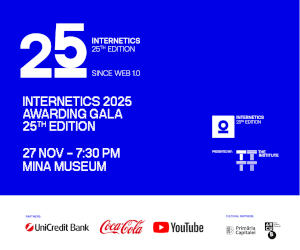HISTORY
PlusMinus is a think tank seeking methods of transmitting specialized information regarding architecture and urbanism to the general public and extending the debate regarding the future evolution of Romanian cities outside the profession. Since 2009 the NGO has coordinated projects in Cluj, Galați and Petrila. Currently, PlusMinus is the coordinator of the post-industrial urban regeneration project in Petrila and a local partner of the „Tools for the access to justice of NGOs” project.
ROMANIAN DESIGN WEEK APPEARANCE
2016 // Post-Industrial Stories
Post-industrial Stories photo book is the result of a long-term documentary project done by Ioana Cîrlig & Marin Raica in Romania’s mono-industrial communities. Ioana and Marin started their trips and the setting of their concept in 2010. The photographs are objective and, even though melancholic, turn away from portraying the dramatic. The photographers along with the designer and the editor chose a narrative order of the photographs based on atmosphere and chromatic. The pictures are shown without captions because it was chosen by the photographers to avoid the journalistic approach and just building a story to suggest the atmosphere of the documented places.
2015 // StartUp Petrila
All the buildings of the Petrila Coal Mine are planned for demolition with 1.01.2016 as deadline despite their patrimonial value and potential for conversion. The local authorities make little effort in searching for alternative scenarios, opposed to the current tabula rasa vision. In October 2014, after three workshops aiming at analysing and proposing alternatives, Plusminus considered that only a real 1:1 intervention is capable of showing the conversion potential of the buildings of the Petrila Coal Mine. During six days, the 15 Romanian and German architects and 1 engineer, alongside Petrila’s own enthusiastic volunteers, miners, electricians and carpenters, managed to modify the interior and exterior of the old pump station through a series of minimal interventions, making it the POMPAdou Cultural Center.
PlusMinus is a think tank seeking methods of transmitting specialized information regarding architecture and urbanism to the general public and extending the debate regarding the future evolution of Romanian cities outside the profession. Since 2009 the NGO has coordinated projects in Cluj, Galați and Petrila. Currently, PlusMinus is the coordinator of the post-industrial urban regeneration project in Petrila and a local partner of the „Tools for the access to justice of NGOs” project.
ROMANIAN DESIGN WEEK APPEARANCE
2016 // Post-Industrial Stories
Post-industrial Stories photo book is the result of a long-term documentary project done by Ioana Cîrlig & Marin Raica in Romania’s mono-industrial communities. Ioana and Marin started their trips and the setting of their concept in 2010. The photographs are objective and, even though melancholic, turn away from portraying the dramatic. The photographers along with the designer and the editor chose a narrative order of the photographs based on atmosphere and chromatic. The pictures are shown without captions because it was chosen by the photographers to avoid the journalistic approach and just building a story to suggest the atmosphere of the documented places.
2015 // StartUp Petrila
All the buildings of the Petrila Coal Mine are planned for demolition with 1.01.2016 as deadline despite their patrimonial value and potential for conversion. The local authorities make little effort in searching for alternative scenarios, opposed to the current tabula rasa vision. In October 2014, after three workshops aiming at analysing and proposing alternatives, Plusminus considered that only a real 1:1 intervention is capable of showing the conversion potential of the buildings of the Petrila Coal Mine. During six days, the 15 Romanian and German architects and 1 engineer, alongside Petrila’s own enthusiastic volunteers, miners, electricians and carpenters, managed to modify the interior and exterior of the old pump station through a series of minimal interventions, making it the POMPAdou Cultural Center.
















